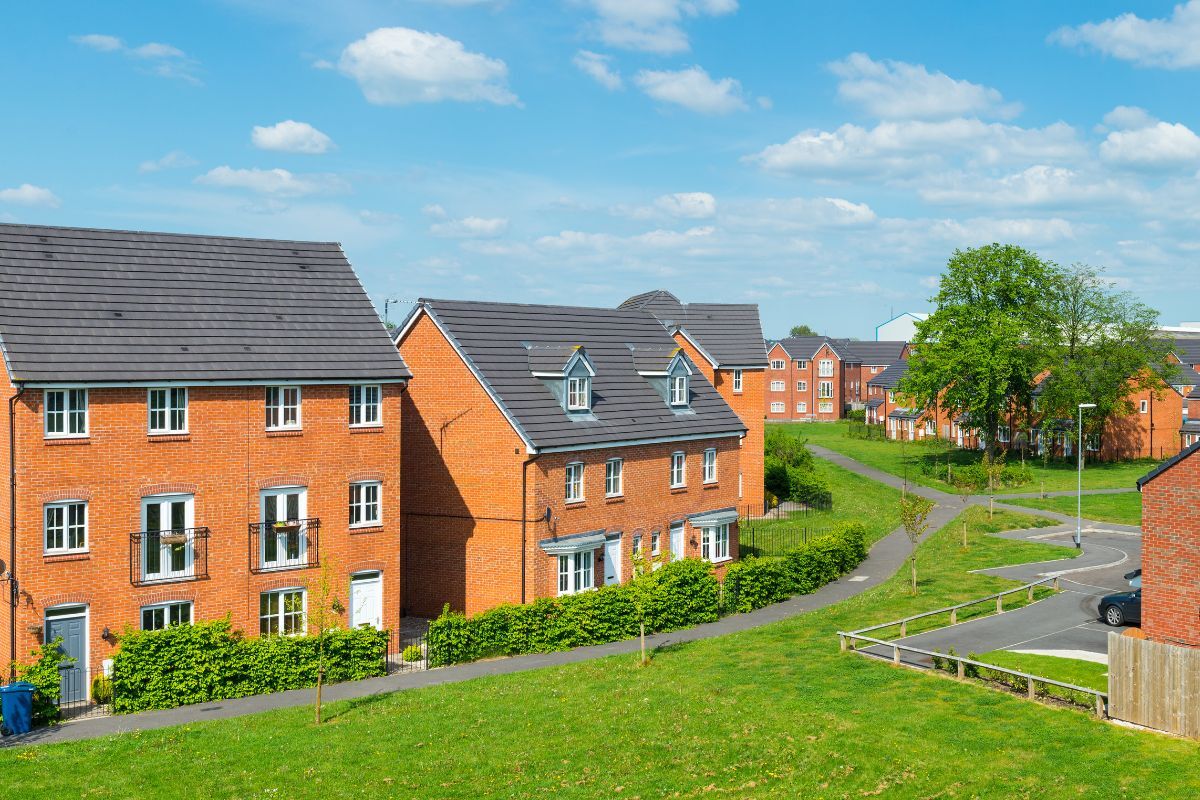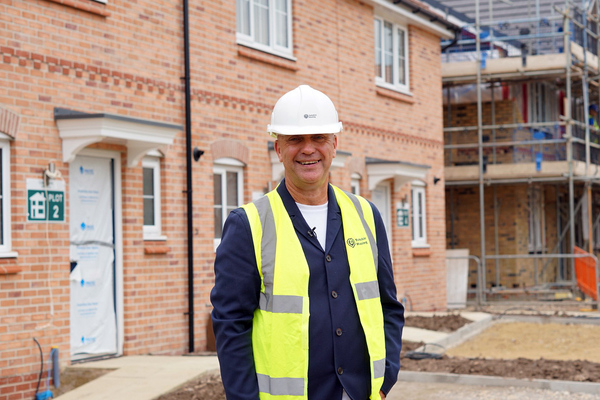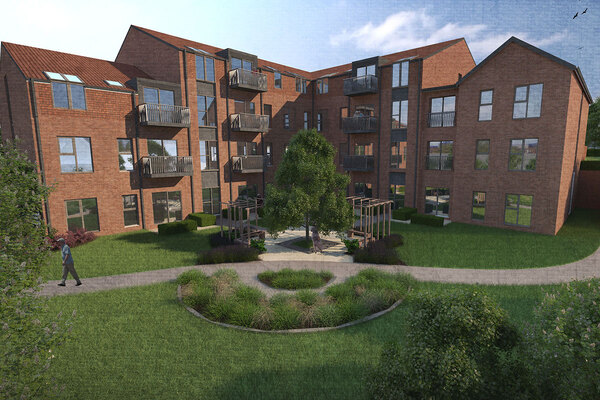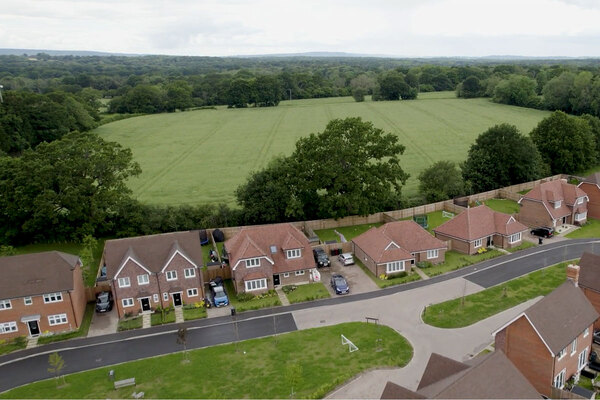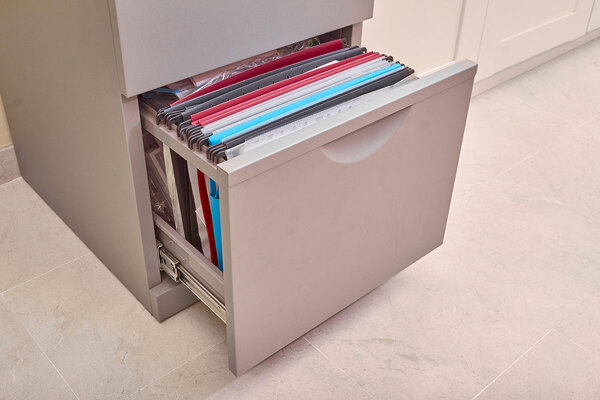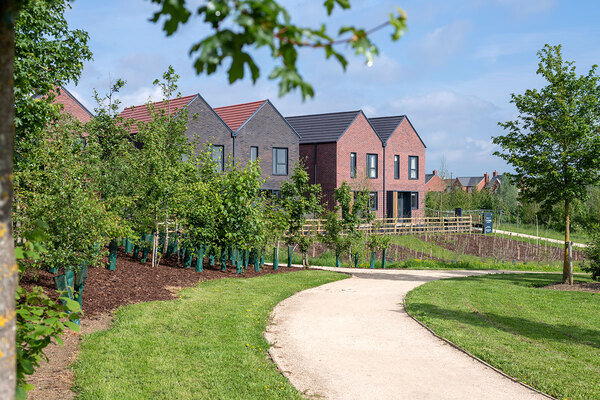You are viewing 1 of your 1 free articles
Large Yorkshire landlord reveals ‘disappointing’ drop in open market sales
Yorkshire Housing has reported a 93% fall in the number of open market homes it sold in its last financial year as the “difficult” housing market took its toll.
The Leeds-based landlord sold just three private market homes in the year to the end of March 2024, compared with 42 the previous 12 months.
As a result, the 20,000-home association booked revenue of £1.1m from sales, down from £15.2m in 2022-23.
Yorkshire Housing said the performance was “disappointing”, but it reflected a “challenging housing market”. The landlord also pointed to “challenges at certain development schemes”.
It is the second year in a year row the landlord has seen a steep fall in sales as 86 homes were sold in its 2021-22 financial year.
Landlords across the sector have faced similar problems with rising construction costs and contractors going bust hampering the delivery of schemes.
Last month, the Regulator of Social Housing (RSH) revealed that market sales among the 200 largest registered providers in England had fallen to their lowest ever quarterly level.
Due to the tough market, Yorkshire Housing said it switched a number of homes earmarked for private sale to shared ownership.
The part buy/part rent tenure was more positive as the landlord sold 211 first-tranches homes, generating £21.8m in revenue. This was down slightly from the previous year of £25.1m from 233 sales, but the association said it exceeded budget expectations.
“Demand for shared ownership properties remained high,” Yorkshire Housing said.
Overall group turnover fell by 5% to £138.8m. A 9% rise in income from its core social housing division, helped by the maximum permitted rent increase of 7% and new homes, failed to offset the performance of its commercial subsidiary.
On completions, the association handed over 689 homes, up from 502 the year before. As a result, it has completed, or has in progress, 4,400 homes as part of a target of 8,000 by 2030.
Like many organisations in the sector, Yorkshire Housing also spent more on its existing stock. Repair and maintenance costs rose by £2m to £31.6m.
Overall operating costs increased by 9% to £98.8m due to inflation on materials and extra demand for services.
The landlord’s bottom line was also affected by its interest and financing costs rising by a third to £23.1m.
As a result, its overall post-tax surplus fell by 30% to £7.3m. The operating margin was 17.4%, up from 15.3% the year before, but down on its target of 20%.
The association’s EBITDA MRI (earnings before interest, tax, depreciation, amortisation, major repairs included) interest cover figure – a key measure of liquidity – fell to 87% compared with 113% the year before.
Rent arrears were 2.2%, slightly above its target of 2%.
Andy Oldale, executive director of finance and governance at Yorkshire Housing, branded the performance as “solid, despite the continuation of broader economic challenges”.
He added: “Our core rental business performed well and shared ownership continues to be a popular choice with customers, despite the challenges we experienced in the outright sales market.”
The landlord currently has a G1/V2 rating for governance and financial viability with the RSH.
At the start of August, Nick Atkin, chief executive of Yorkshire Housing, spoke to Inside Housing about how the landlord is shaping three emerging social housing partnerships that are crucial to the government’s plans to build more homes.
Sign up for our development and finance newsletter
Already have an account? Click here to manage your newsletters
